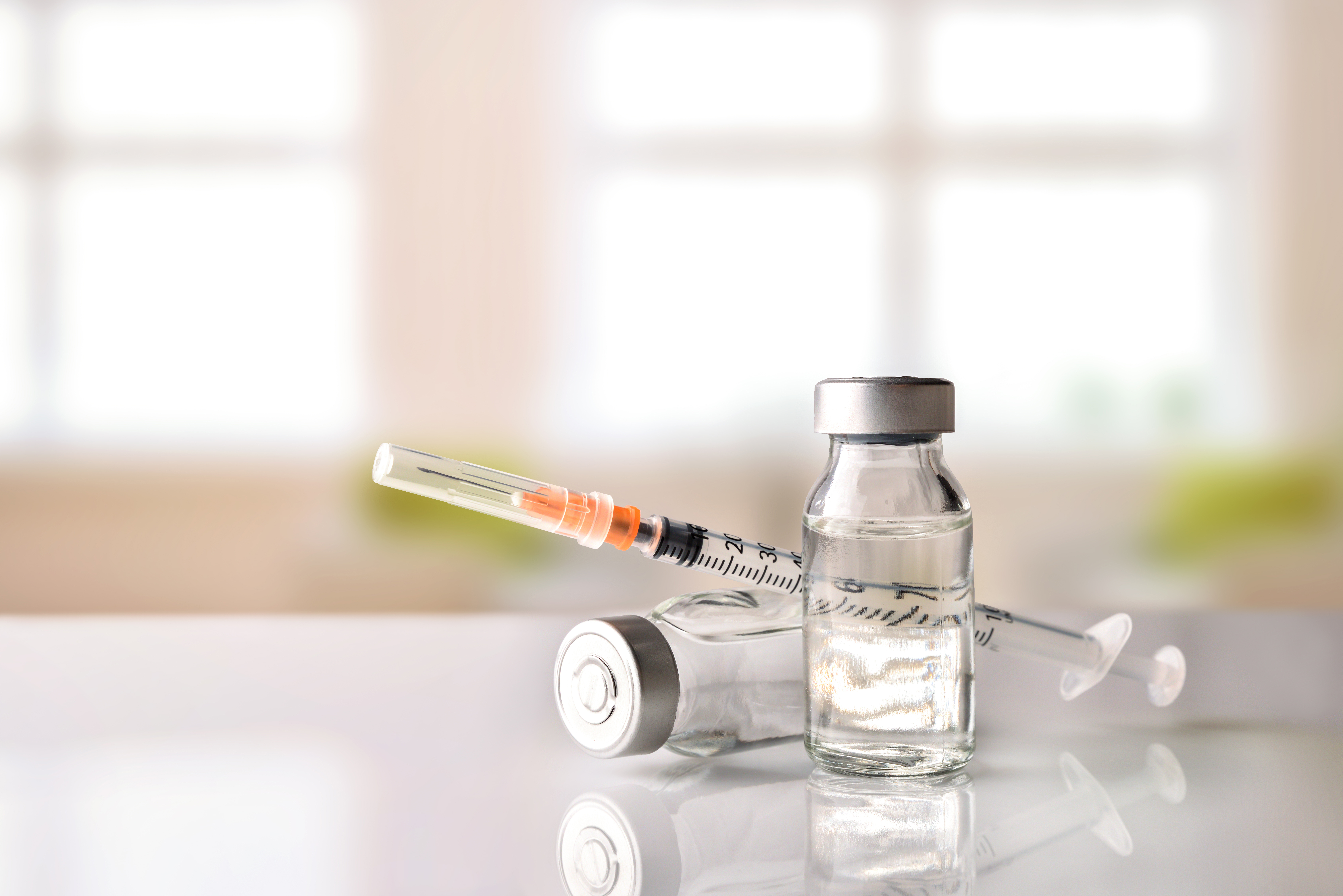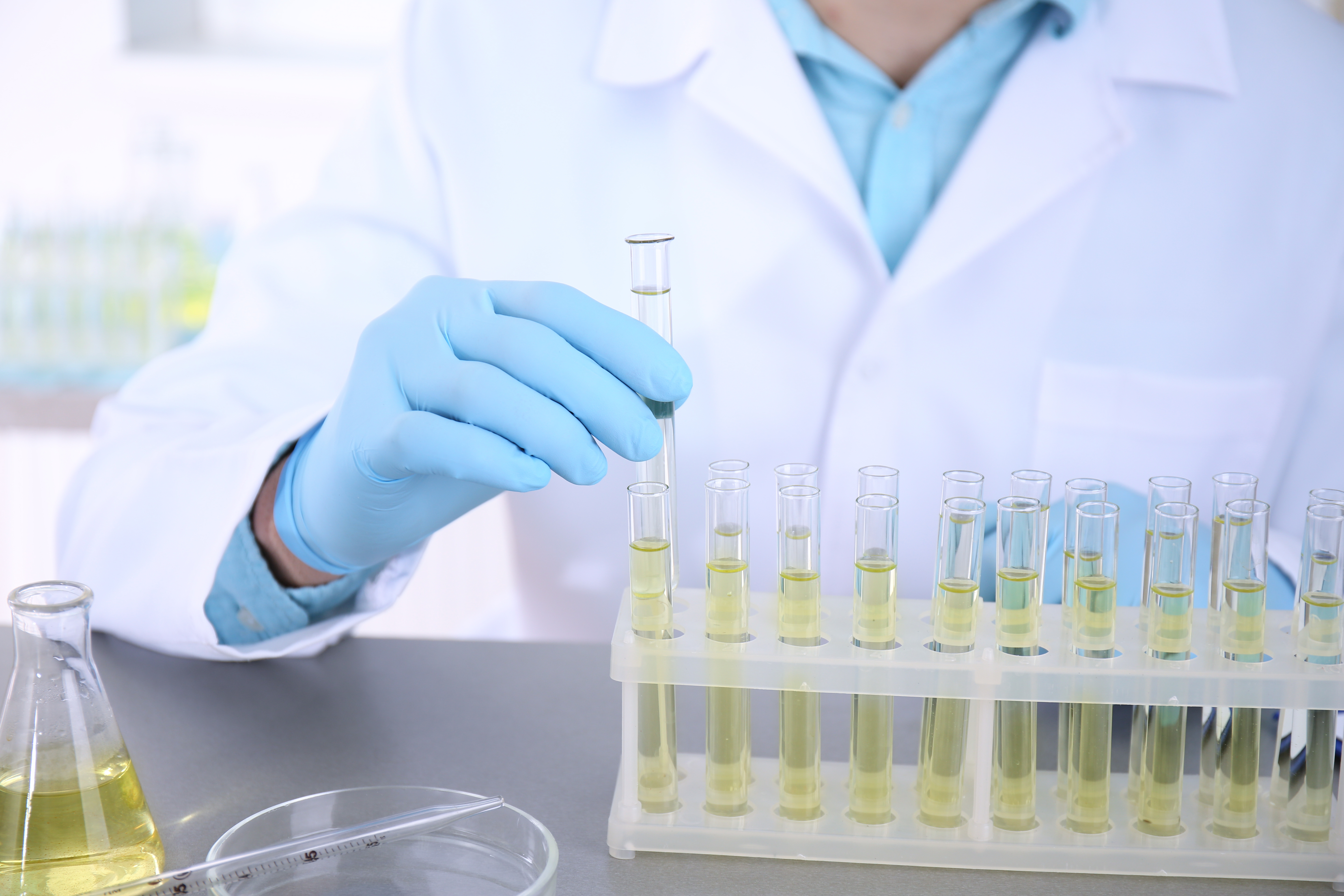Testing
UK Anti-Doping coordinates the UK’s intelligence-led risk-based testing programme across more than 40 sports in accordance with the International Standard for Testing and Investigations (ISTI).
In operating a national anti-doping programme, UKAD is responsible for the collection and transportation of samples to a World Anti-Doping Agency (WADA) accredited laboratory for testing.

Who can be tested?
Any UK athlete subject to the anti-doping rules of their sport and non-UK athlete staying, training, residing, entering a competition, or named as a member of a team participating in a competition at any level within the UK is eligible for testing as part of UKAD’s national anti-doping programme. Any athlete eligible for testing can be tested anytime, anywhere.
In-competition testing
In-competition testing is conducted in connection with a sporting event. WADA define in-competition as “the period commencing 11.59pm on the day before a competition… through to the end of such competition and the sample-collection process related to such competition”, unless stated otherwise by the rules of an International Federation (IF) or other relevant anti-doping organisation.
The selection of athletes for testing is determined by UKAD, or relevant event organiser, e.g. the IF. Most sports will also not recognise a world or national record until an athlete has been tested and a negative result has been returned.
Every sporting event which is bound to the UK National Anti-Doping policy may be subject to testing, and athletes should familiarise themselves with the rules of each competition as defined by their IF or NGB.
Out-of-competition testing
Athletes can be subject to testing at any time (i.e. any period which is not In-Competition) and at any place. Athletes may also be selected for inclusion on a Registered Testing Pool. This may be the National Registered Testing Pool (NRTP) or the International Registered Testing Pool (IRTP) operated by their IF. UKAD also operates a Domestic Testing Pool (DTP), within which some athletes may be selected for inclusion.
Athletes nominated for inclusion in the NRTP or the DTP will be notified by UKAD and will be required to supply details of their whereabouts on ADAMS. This is called their Whereabouts Filing.

Sample collection
UKAD follows the sample collection procedures as stipulated in the ISTI which is applicable to testing in- and out-of-competition.
Procedures for testing abroad may vary slightly from country to country but should always meet the ISTI.
Athletes are advised to read and understand their sport’s anti-doping rules and sample collection procedures.
Doping Control Personnel
Doping Control Personnel are authorised by UKAD to conduct testing in the UK. A pool of approximately 180 Doping Control Officers (DCOs), Blood Collection Officer (BCOs) and Chaperones are trained and accredited to comply with the ISTI and UKAD’s Doping Control Handbook.
DCOs in the UK are trained and accredited to notify and chaperone athletes, observe sample provision, and process samples. UKAD's team of Chaperones are trained and accredited to assist the DCOs in notifying and chaperoning athletes and to witness sample provision.
UKAD also has a team of BCOs. They are all trained and qualified phlebotomists (trained to draw blood) and collect samples for blood testing. All UKAD BCOs are trained and accredited on all Chaperone duties.
All Doping Control Personnel are required to undergo a re-accreditation process every two years.
New personnel go through a rigorous equality recruitment process and are required to submit a Criminal Records Bureau enhanced disclosure (DBS).
The doping control scheme has been in existence in the UK since 1990, when Doping Control Personnel conducted tests, firstly on behalf of National Governing Bodies (NGBs), and then under the GB Sports Council prior to UK Sport being formed in 1996.
In 2009, UKAD was formed as the UK's first independent National Anti-Doping Organisation (NADO) and manages Doping Control Personnel as part of the organisation's operations.

